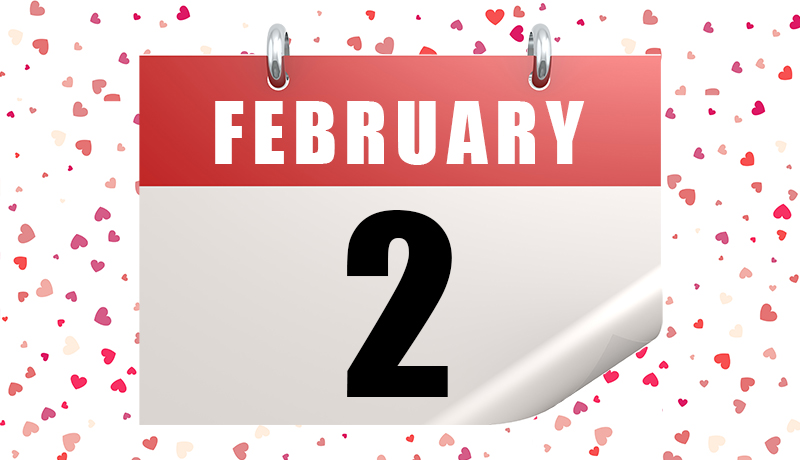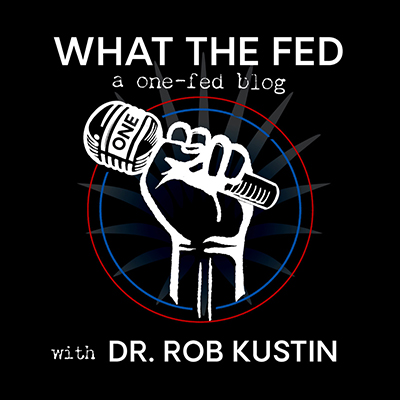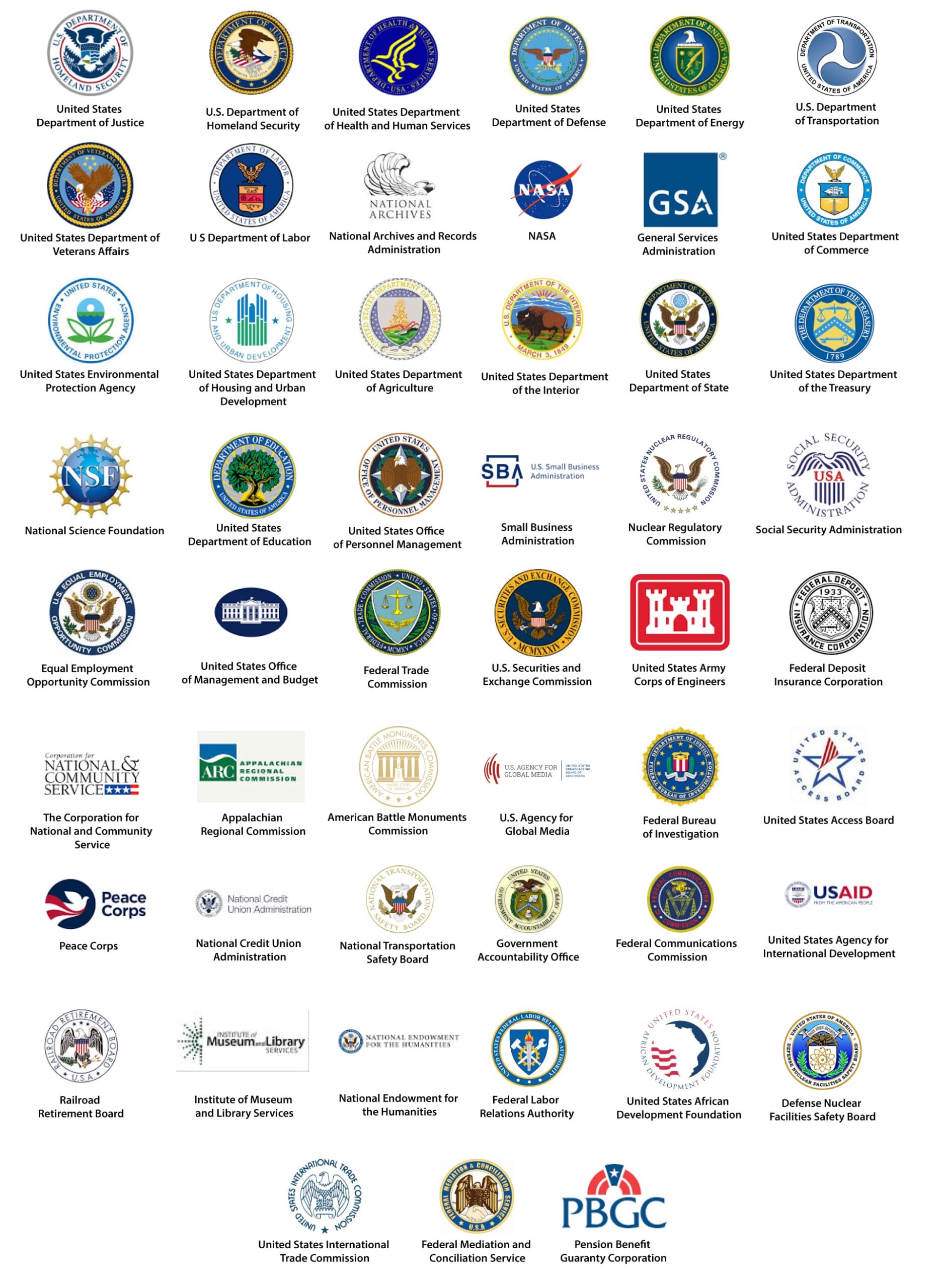
21
As we enter our first full week of 2025 and shake off the dust of the holiday season, it is time to get to work. And by work, I mean defining the distinctions that will shape how we want 2025 to unfold for each of us. In my previous blog, I discussed some significant work-related transitions, particularly how One-Fed will be evolving into a “virtual” practice. However, along with these decisions come the supporting actions that make such transitions possible.
Everything we do—whether through action, inaction, or thought—contributes to an outcome. Outcomes are derived from the combination of intent and action. The greater the intent and the more decisive the action, the higher the likelihood of achieving a positive result. Furthermore, the daily habits we practice play a critical role in supporting the success of our desired outcomes.
Personally, I’m in my third week of a morning meditation practice that includes focused breathing, setting intentions, and visual manifestation of all my desired results. I’ve also incorporated a daily session of 10-15 minutes of reading before beginning my daily writing routine, which is then followed by a workout at the gym.
Some might say, “It must be nice to have the time to start your day like that.” To that, I would reply: I create that time. I wake up at 4:30 a.m. to ensure I have it. Achieving greater results often requires massive action.
Additionally, I’ve made a conscious effort to avoid engaging in others’ personal issues in the form of drama, gossip, or repetitive patterns of behavior that do not contribute to personal growth or development. Keeping my space free of negative vibrations and unpurposeful dialogue is essential to maintaining focus on the tasks at hand.
For some people, ripping off the band-aid and starting new is one approach to creating habits and purposeful ways of being. For others, incremental changes seem more appropriate. Most people at the beginning of the new year tend to focus on diet and exercise—a noble cause, but one that is often fleeting. Perhaps if we work on the habits that create superior outcomes first and then tackle secondary issues later, the proverbial New Year’s diet won’t be necessary.
Create a morning routine, set intentions, read, journal, and limit your exposure to negativity in any form. Start a walking program and do a cabinet sweep of any food that doesn’t serve the greater good of being healthy. It takes 21 days of effort to create a habit. February 2nd marks the 21st day—just before Valentine’s Day, the celebration of love. And what better way or reason to celebrate than by showing love for yourself first?
Have a great work week. And remember: The love you make is equal to the love you take. – The Beatles.



